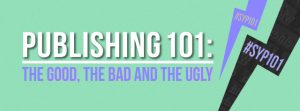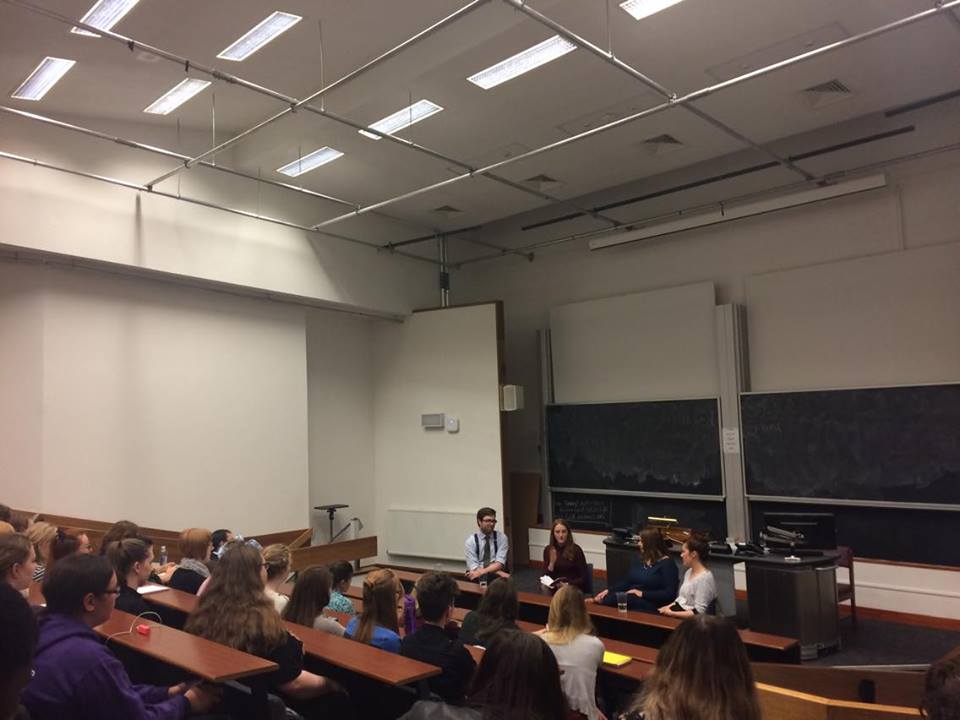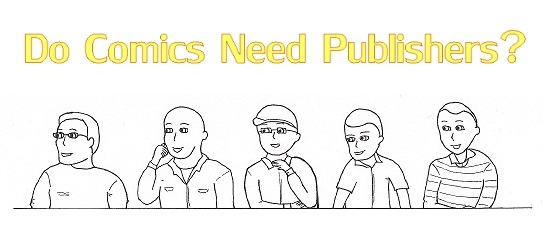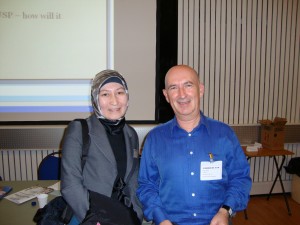 The Internships Anonymous panel at the recent SYP Scotland’s Publishing 101 conference (3rd March 2017) provided some valuable insight into ‘the good, the bad and the ugly’ of publishing internships.
The Internships Anonymous panel at the recent SYP Scotland’s Publishing 101 conference (3rd March 2017) provided some valuable insight into ‘the good, the bad and the ugly’ of publishing internships.
Unfortunately, paid internships are hard to find in publishing, which is problematic as it limits the number of people who can afford to undertake unpaid internships. However, it can’t be denied that internships are vital in gaining experience, and give you an edge in applying for publishing jobs so it is helpful to try and do as many as possible.
Luckily, the Internships Anonymous panel provided a number of tips to help you secure that all-important internship:
- Get in touch! Some places such as the Scottish Book Trust don’t advertise their internships, so there is no harm in sending an email to enquire;
- Attend as many events as possible: this way you can keep up to date with everything that is happening in the industry. Most importantly, use these events as networking opportunities and talk to as many people as you can. Who knows where a simple conversation could lead?
- Volunteer where and when you can: book shops and book festivals are excellent opportunities to learn more about the industry. If you have any free time, then you have time to find some relevant experience;
- Remember: all experience is relevant experience, so just keep volunteering and applying for everything.
The following are some tips to make sure you get the most out of your internship, once you’ve managed to pin one down:
- Remember that you are not there to do someone else’s job for them: you are supposed to be learning, not replacing a paid position;
- Stuffing envelopes, making tea and walking the manager’s dog are not publishing skills, and therefore are not acceptable for an internship (no matter how cute the dog is);
- Show off your talent and passion. Make the most of your time with the company and they will remember you;
- The Scottish publishing industry is small and it is important to remember that everyone knows each other and talks to each other about their interns. That means if you impress in an internship, it could lead to something else. Likewise, if you make a bad impression, it could impact further internship and employment opportunities;
- Proper guidance and feedback is crucial because you won’t learn anything otherwise. Don’t be afraid to ask for help, especially if you are being asked to do something you are unfamiliar with. It’s better to ask for help than to mess up completely.
In some instances, an internship can result in a paid job, but does that make a bad internship worth it? The final, and most important, piece of advice from the Internships Anonymous panel was that it is ok to say no, especially if you feel like you’re being exploited, or what you are being asked to do makes you uncomfortable.
– By Rachel McCann




 ciety of Young Publishers
ciety of Young Publishers

